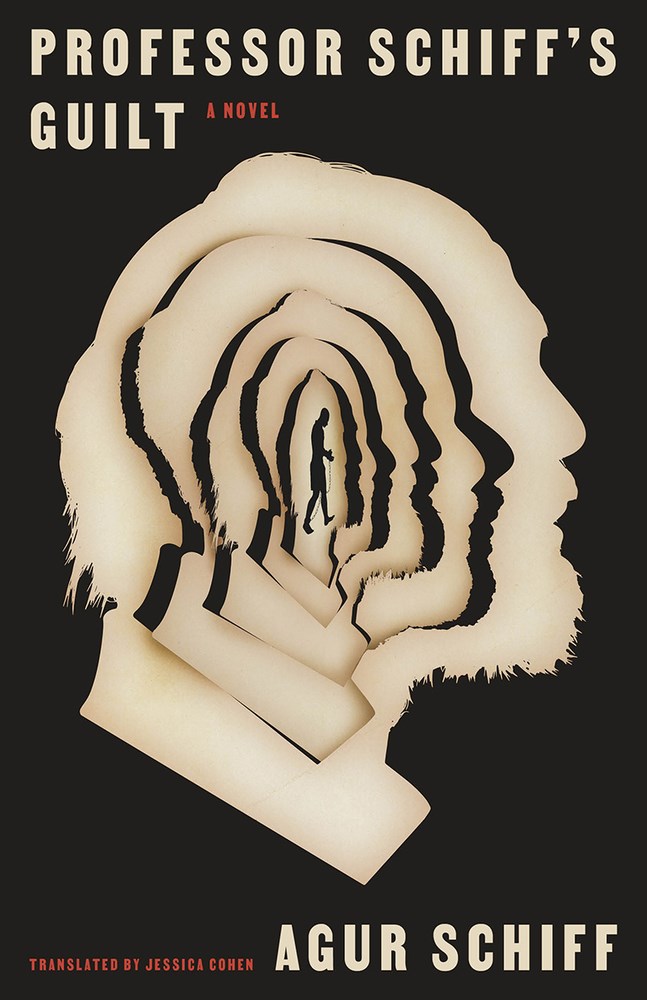2018 School Spending Survey Report
Professor Schiff’s Guilt
COPY ISBN
VERDICT Stumbling through his lawsuit while recalling troubles back home, the professor is met firmly by his accusers, who finally point out that “when a white European author writes about Africa, he is unwittingly reenacting an exploitative act.” This might damn the author himself, but he is to be praised for taking the risk as he hones important questions with razor-sharp intensity.
ALREADY A SUBSCRIBER? LOG IN
We are currently offering this content for free. Sign up now to activate your personal profile, where you can save articles for future viewing




Comment Policy:
Comment should not be empty !!!